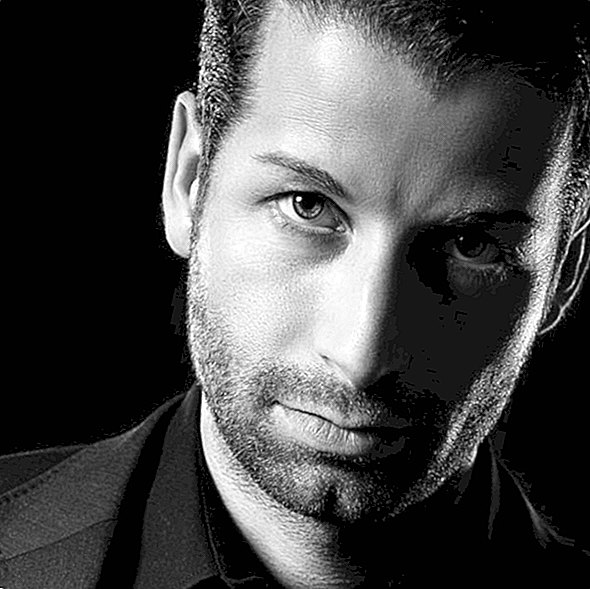Daniel Hoch: Why do we tend to postpone things?

The author, consultant and key note speaker Daniel Hoch offers lectures and personality coaching on a variety of topics, where you have to face yourself. He used to be a beer brewer, traveled the world for five years after completing his vocational training, and proved: In life, he does not let malaria and others tell him anecdotes? stop them. To his listeners, he gives recipes for success for work and private life for better self-organization or communication secrets.
Mr. Hoch, you affectionately call this phenomenon "Aufschieberitis"? and offer impulse lectures and workshops on the subject. What exactly do you understand by cervicalitis?
I think the word "Aufschieberitis"? very apt as it is out? and? disease? composed, because? -tis? means as much as inflammation. Aufschieberitis is therefore a common disease. We gladly postpone unpleasant things psychologically motivated and postpone them to tomorrow again and again. We have some good excuses and prefer to use the easy way to avoid challenges.
Why do we tend to postpone things?
Because we keep coming back to the so-called? 5 to 12 trap? slip into it and somehow come to the end at the last minute. Our brain is designed for short-term use. That is, we prefer to do small things, because the to-do list works faster and we get the feeling that we've made something. Unfortunately, so much energy is lost that we have no strength left for larger tasks. The problem is, unfortunately, that we are efficiency driven rather than driven by efficiency. Suddenly even the uncomfortable things like cleaning become comfortable, because they are not quite as uncomfortable as the big tasks.
What inspired you to address the subject of postponement in your lectures and workshops? Do you often have the problem yourself?
The topic has been a topic in my youth, when I wondered why I always postpone some things, even though I know they bring me something? In other words: although I am in the midst of something positive, I do not want to go there. As a young person, I then lost sight of it again and only found it again in my job as a personality coach. There I have repeatedly observed people who have given up on their success just by pro-ramming. That's why I wanted to explore their reasons.
What exactly does the psyche have to do with the whole?
The psyche is the crucial and only factor in postponing. The problem is not the delay itself, but the consequences that arise from it. In addition, we have too many thoughts in mind and can not focus on what we are doing right now. My advice: If you want to be successful, you must also think successfully. So if my psyche is not programmed for productivity and effectiveness, but efficiency, then I'll never do the big stuff. So you have to create your own principles and stick to them.
How can you plan your everyday life in a more structured way? Do you have a recipe for success?
Unfortunately, there is no such thing as a simple recipe for success. I have to look very individually, how I can better structure my everyday life and what I want to achieve. My advice is to spend the first hour of the day dealing with the awkward, big errands, then spending the rest of the day on everything else. Another principle is the Golden Hour, which means spending an hour a day on the things that really get you going. Sometimes this lesson can be shorter, and you might wonder what you can do in five minutes to be more successful in a year.
How can one better discipline oneself?
We should not focus on having a perfect plan, but eliminating possible confounding factors and excuses. So the question is: how do I make the most of myself? I use my clients' personal goal, such as doing more sports to teach them discipline. Forming the trait is better than the result, because the trait is more successful in all aspects of life.
You're writing a bucket list on your website - what's behind it?
The bucket list is the list of things you want to do before you throw in the spoon. These are dreams that can be broken down into small goals in order to take care of the personal life goal at least once a week. For example, I would like to make a trip around the world and then think about which countries I want to explore and what my route should look like. The Bucket List is simply about your own interests and not about things that you have to do professionally.
Better time management? a much discussed topic and yet so difficult to realize. What tips do you give your listeners?
We can not manage time, we can only manage ourselves. It is therefore important to use his time properly and to prioritize his tasks. My recommendation to everyone is: It's not about never postponing things again, but consciously and proactively either postponing things or doing things. Above all, we have to be careful not always to do the urgent things, but finally to tackle the important ones. Because we are always pushing things and always have several things on the agenda, so we can not do everything immediately. So we have to decide the moment we should do what we should do now and what we can do.










